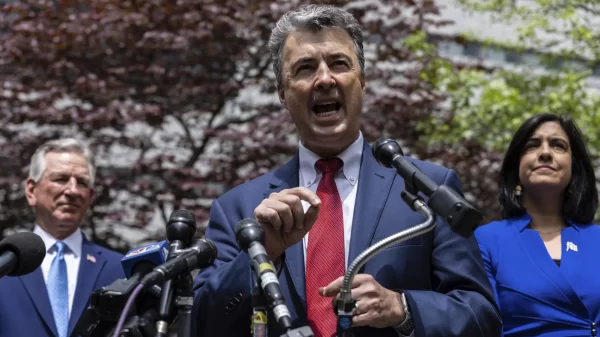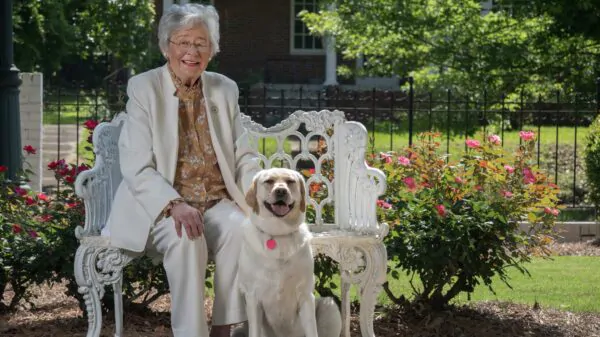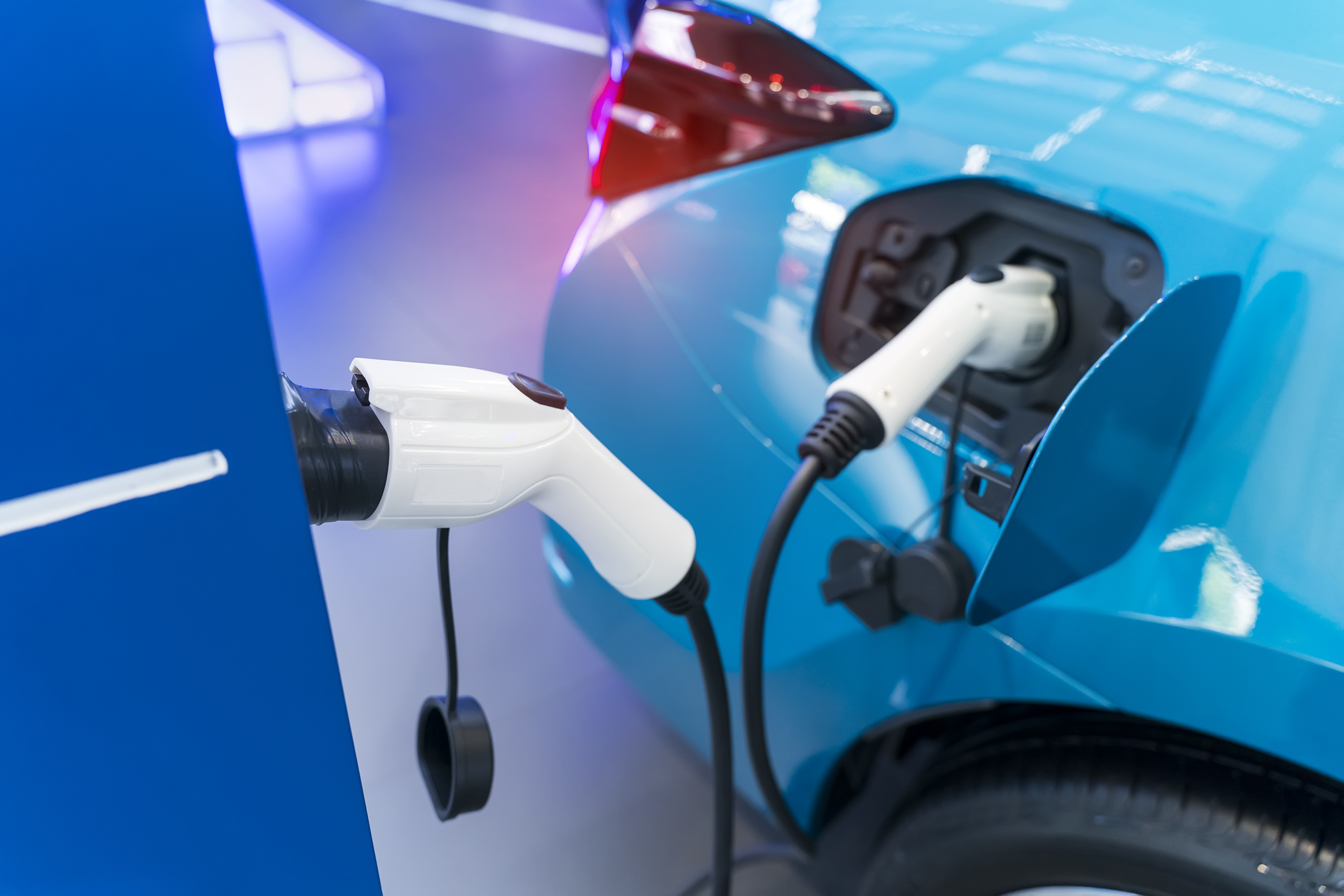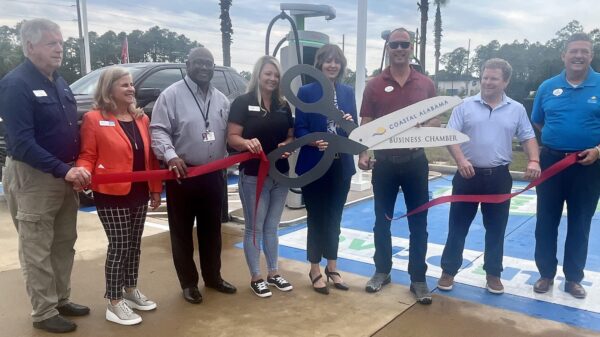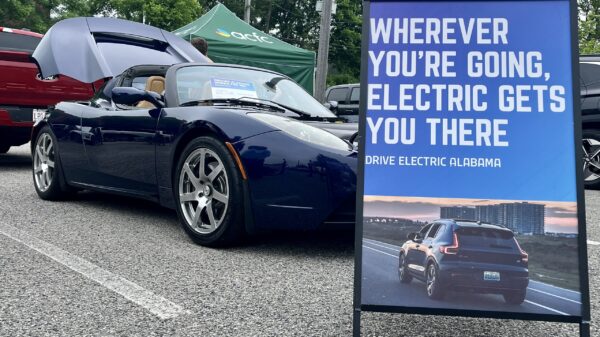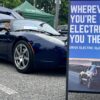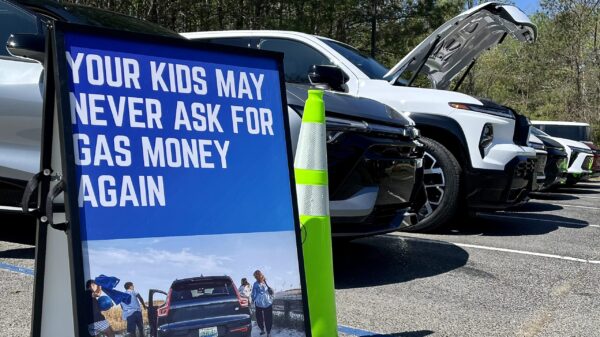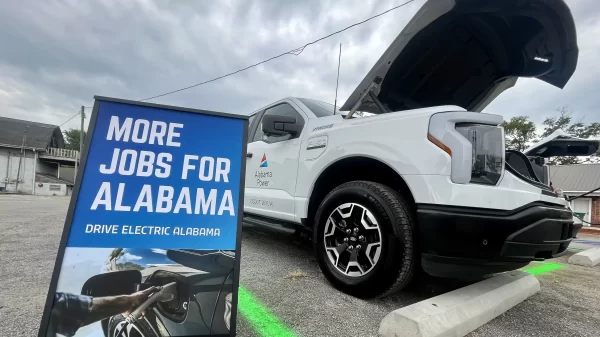Alabama tied with nine other states in being the worst state to buy electric vehicles, according to a report released Tuesday by Consumer Choice Center.
Alabama ranked so low because of the state’s ban on direct-to-consumer sales and an electric vehicle licensing fee that’s four times as high as the fee for standard vehicles, according to the center’s Electric Vehicle Accessibility Index.
“Various state governments, and the Biden administration, have really made transportation electrification a priority,” said David Clement, North American Affairs Manager for the center and co-author of the report. Speaking to APR this week. “Our concern is that there are several states that have outdated regulations and licensing fees that will make that electric vehicle transition more difficult.”
Alabama bans electric vehicle manufacturers from selling vehicles directly to buyers and instead requires those carmakers to send their vehicles to car dealerships. Electric car manufacturers, including Tesla, usually opt to avoid the dealer franchise model, Clement said.
“They much prefer the direct to consumer route. It can be a lot simpler and easier in terms of dealing with customers or reaching customers and it really reduces costs in terms of eliminating the middleman,” Clement said.
In Alabama, buyers can order a used electric vehicle directly from the maker, but not a brand new model, Clement said.
“The second major issue is that the registration fee for an electric vehicle is $200 higher than it would be for a standard passenger vehicle,” Clement said of Alabama’s licensing fee.
A law that went into effect in 2020 means that owners of electric vehicles in Alabama must pay an additional $200 over the standard registration fee and an additional $100 annually. State lawmakers who supported the legislation said that the fee was needed to offset the loss in gas tax revenue.
“Here we have a scenario where essentially licensing or tax policy is actively discouraging against the purchase of electric vehicles, and it’s our opinion that all state governments should stay neutral and just treat passenger vehicles equally across the board,” Clement said.
With more and more electric vehicles being manufactured by the biggest names, including Mercedes and Chevrolet, the trend toward moving away from standard, gasoline-powered vehicles is clear.
“EVs can no longer be categorized as a novelty. They are here to stay,” said Allen Parrish, executive director of the Alabama Transportation Institute and senior policy advisor for the Energy Institute of Alabama, in an April op-ed.
“GM has announced that they are investing $2.3 billion in their US manufacturing for electric batteries. Honda has committed to sell only EV’s by 2040. Hyundai is investing $7 billion into the U.S. electric vehicle market, and even Ford has announced that nearly half of all Lincoln’s produced could soon be emissionless,” Clement said.
Clement noted that the Mercedes plant in Tuscaloosa announced this month plans to hire as many as 400 additional workers to meet the demands of the plant’s plans to build more electric vehicles. Mercedes is investing $3 billion into the project, which includes a battery pack assembly plant in Bibb County.
“Alabamians who work in the industry may reap the benefits of the EV boom, but unfortunately because of these outdated laws consumers are going to be left behind, and I think that’s a real shame,” Clement said.




